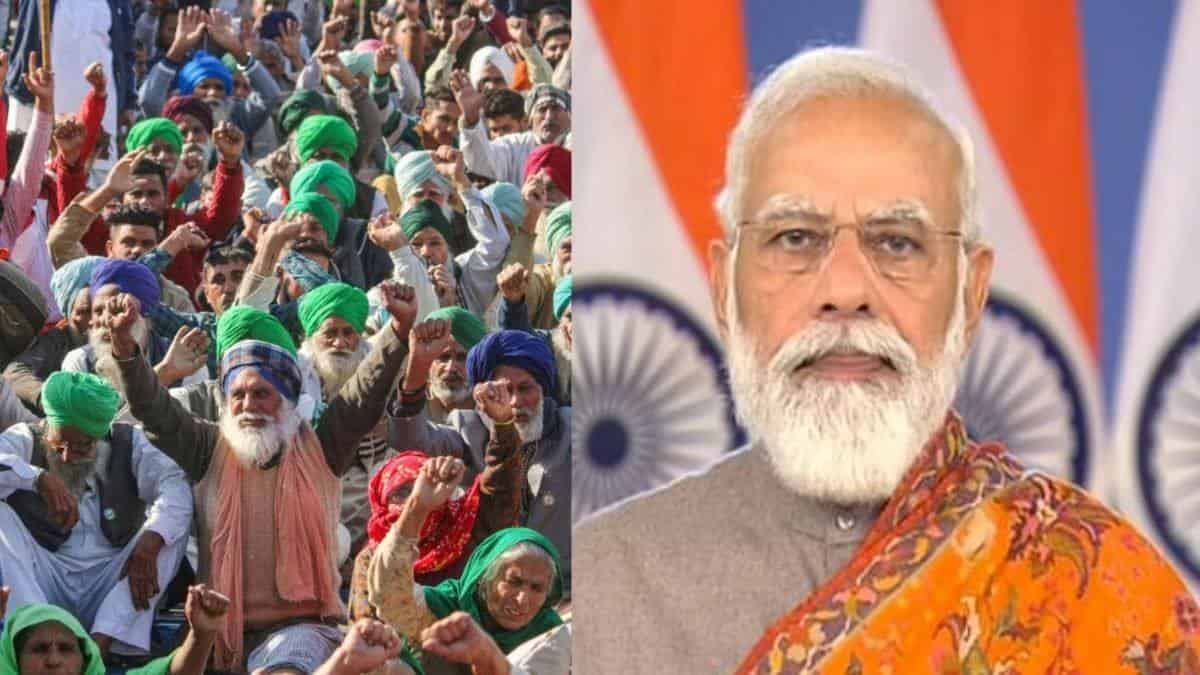PM Modi repealed the three Farm Laws, said “Something was lacking in our tapasya”

Prime Minister Narendra Modi has made an astonishing announcement on Friday and said that the government will repeal the three farm laws introduced last year for the development of agriculture in the country but became the reason of massive protests by farmers especially in Punjab and Haryana. The proper procedure will take place during the winter season of the Parliament starting next week.
On the occasion of Guru Purab, the birthday of Guru Nanak Dev which is eminently celebrated in mainly the state of Punjab, became a bigger day for the farmers. PM Modi has also urged farmers to return to their homes and claimed that the government will set up a committee to address issues affecting farmers.
PM Modi said while addressing the nation, “Maybe something was lacking in our tapasya (dedication) that we could not explain the truth, as clear as the light of the diya, to some of our farmer brothers. But today is Prakash Parv, not the time to blame anyone. Today, I want to tell the country that we have decided to repeal the three farm laws.”
The hardworking Prime Minister also said that the three farms laws were enacted for the growth of agriculture and empowerment of farmers. The PM added that many farmers all over India understood the laws and accepted it but there was a section which protest against it. He said, “We couldn’t convince that section of farmers despite best efforts. We have decided to repeal those three farm laws.”
The three laws were aimed at freeing up pricing, production and trade in agriculture through the laws promoting contract farming and allowing farmers to a wider market than to stay restricted to local government controlled mandis. They were aimed to protect them from exploitation and provide some stability in agriculture. But farmers were concerned that the laws will lead corporatisation of agriculture and end of Minimum Support Price (MSP) system. So they rose in protest in November 2020 demanding the repeal of the laws and not their destination is reached.


